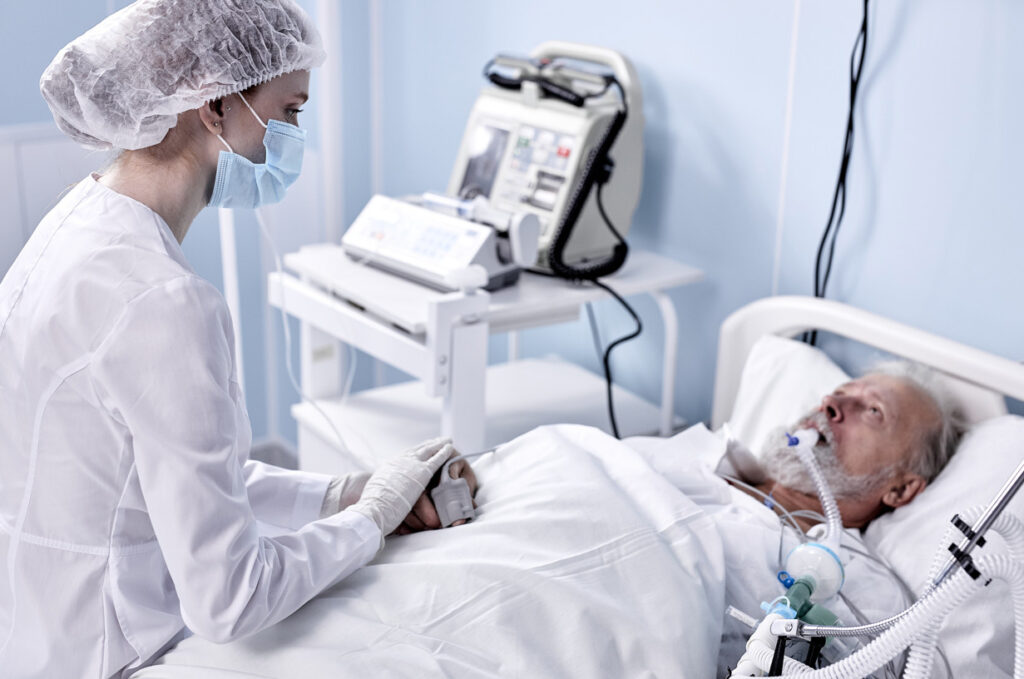The COVID-19 pandemic has damaged the health and wellness of millions of people all across the globe. The international healthcare system has taken a massive hit because hospitals and medical facilities are overwhelmed by all the infected patients needing treatment.
Unfortunately, statistics show that most COVID-19 patients are minorities, low-income people, and senior citizens. This evidence indicates that social and demographic factors play a significant role in who has a better chance of getting infected and dying from the virus.
Primary Medical Care Center has studied these statistics for a while as we treat patients who fall into these demographic categories. We noticed amongst other medical facilities that they want patients to keep coming back to make more money off their pain and suffering. That is not what we do, though.
Our diverse staff of doctors and medical professionals run a value-based care facility in Florida. In other words, we are incentivized to provide positive patient outcomes to ensure our patients’ health gets put first. We accept patients from all walks of life who suffer from a wide range of health conditions, including COVID-19.
According to a study from the Americal Journal of Preventive Cardiology, approximately only 18% of 400 COVID-19 patients had died after they all received value-based care. It is a significant decrease from the more than 30% mortality rate found in other studies involving vulnerable demographics who received primary care.
Of course, some patients may have preexisting conditions and risk factors that increase their chances of death, such as heart disease or lung disease. However, it still doesn’t change the fact that value-based care has resulted in fewer deaths than primary care. The reason for this is more than evident.
When a COVID-19 patient receives value-based care, they develop a close relationship with their doctor. The doctor cares about reducing the patient’s risk factors to lower their chances of death. Too bad you don’t see this kind of medical attention given by doctors operating within the primary care model.
The primary care model requires doctors to prescribe medications to treat symptoms rather than cure the underlying problem. That is why a typical doctor’s visit doesn’t take more than a couple of minutes. The patient tells the doctor how they’re feeling, and the doctor prescribes a medication. Unfortunately, that is not the way to reduce the mortality rate of someone suffering from COVID-19.
It is better to use the value-based care model because the doctors will focus more on preventing health problems and targeting the existing health problems. For example, if doctors conduct an echocardiogram test on their patients, they can diagnose heart disease and predict hospitalization. More simply, they can also look at the patient’s income level and area deprivation index to predict the likelihood of serious illness.
Based on this information, doctors can also predict the severity of COVID-19 infections, especially amongst senior citizens and other high-risk demographics. It won’t be too late to change your lifestyle habits and income level to become a healthier person when you have this information beforehand. Then you can reduce your chances of becoming more at risk of death from the coronavirus.
Therefore, the three ways to predict the likelihood of death or hospitalization from the coronavirus are as follows:
- Clinical Predictors
- Demographic Predictors
- Ventricular Heart Wall Thickness (determined by the echocardiogram)
Why is ventricular heart wall thickness one of the predictors of hospitalization or death from COVID-19? Well, it has to do with how COVID-19 can cause a life-threatening illness called acute respiratory distress syndrome. If the heart wall is too thick, it could increase your odds of developing this syndrome if you get COVID-19.
Does your current primary care doctor evaluate these predictors? If you’re like most patients in South Florida, you don’t have a doctor that looks at these factors. Instead, you have a doctor that prescribes you a few pills to feel better temporarily. Their advice for preventing hospitalization from COVID-19 will sound similar to what you hear on TV: stay 6 feet apart from people, get vaccinated and wear a mask.
But what happens if you have preexisting conditions? Don’t assume a vaccine will keep you 100% protected from hospitalization or death if you have preexisting conditions because it won’t. That is why it is critical to focus on your health before the infection rather than during the illness. Preventative efforts are the best way to increase your chances of surviving a coronavirus infection.
Learn More About Preventative Care
Primary Medical Care Center has a team of primary care doctors who practice the value-based care model. We can give you a thorough health evaluation while considering the three predictors above. Once we finish the evaluation, we’ll let you know your risk factor of hospitalization or death from the coronavirus.
Call us at 305-751-1500 to make a doctor’s appointment today.
